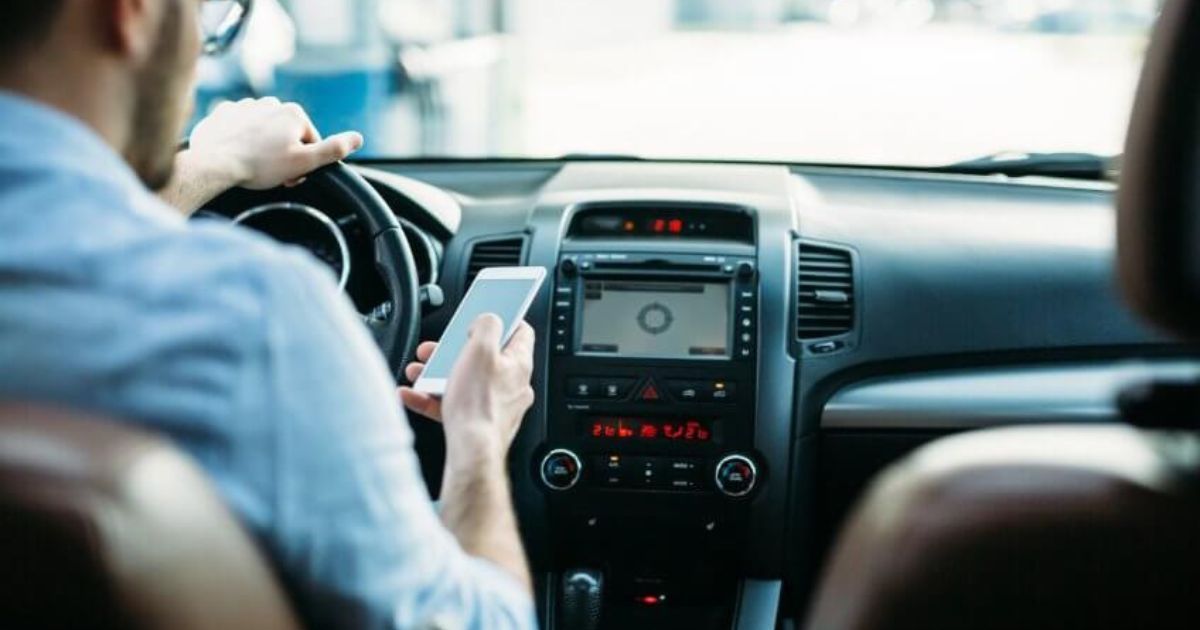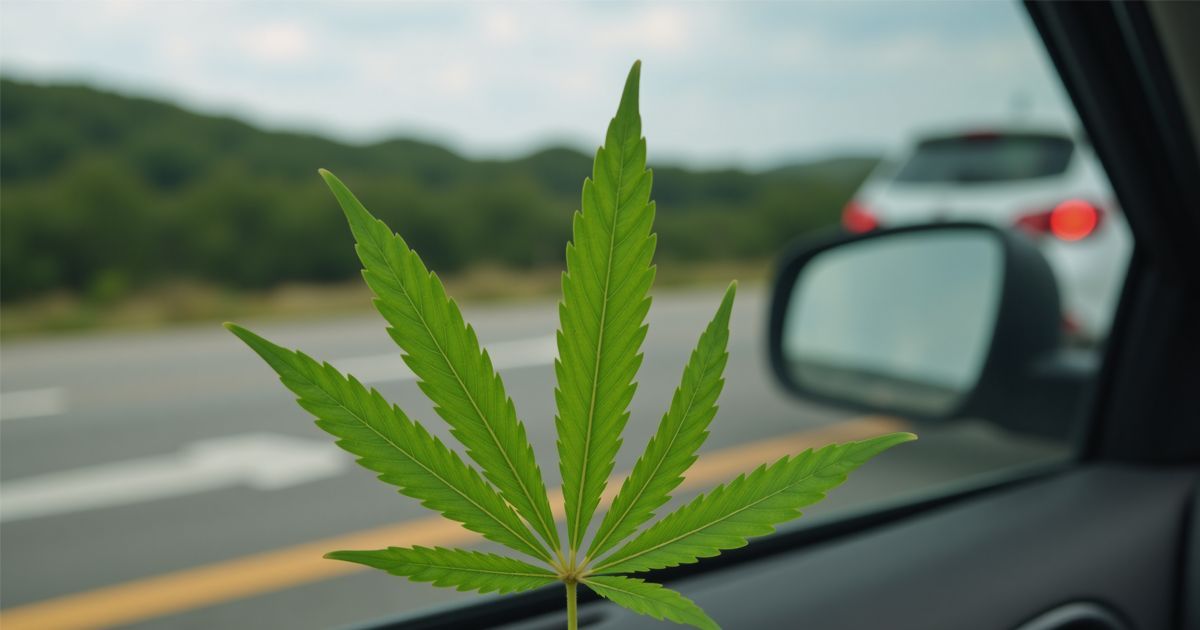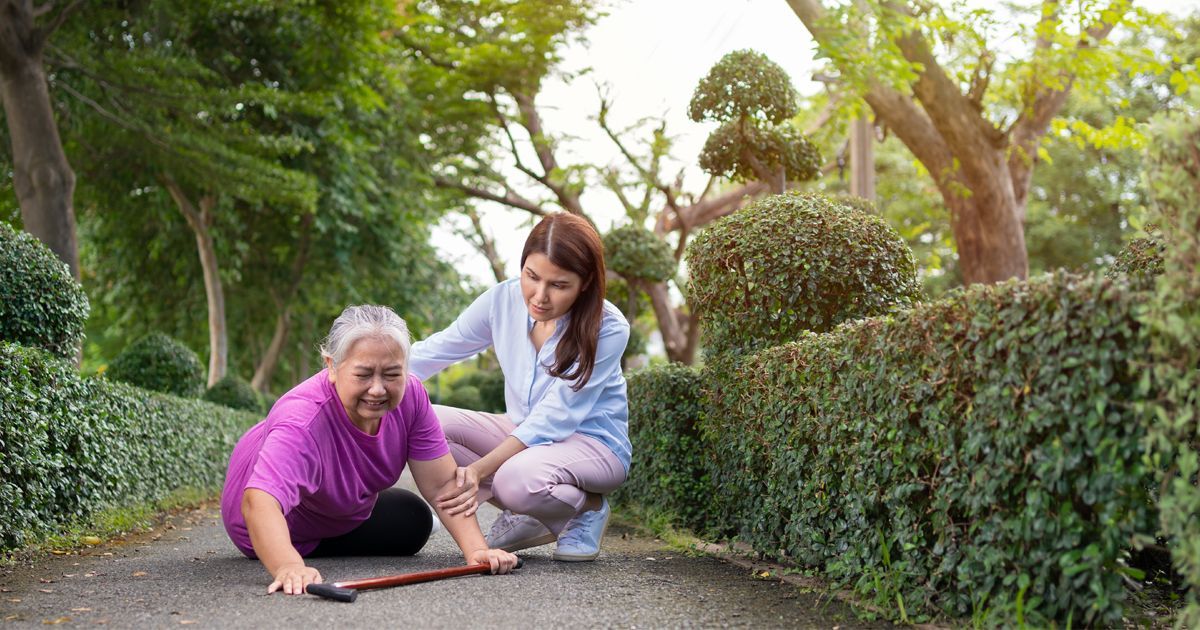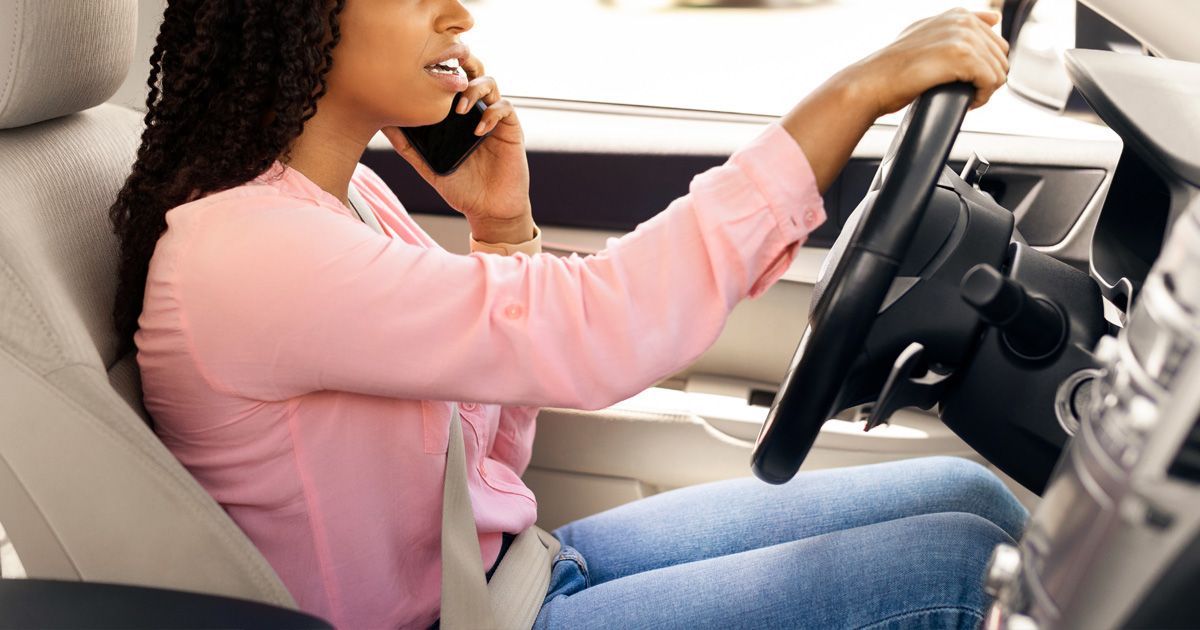The Role of Social Media in Personal Injury Cases
Recent Posts
Frequently Asked Questions (FAQ)
What role does social media play in Massachusetts personal injury cases?
Social media can provide evidence that supports or challenges claims, such as photos showing injuries or activities that contradict harm severity, influencing case outcomes under state laws.
How can social media evidence be authenticated for court use?
Evidence must be verified through metadata, account verification, or other means to ensure it's genuine and unaltered, following Massachusetts admissibility standards.
What should I avoid posting on social media during a personal injury claim?
Refrain from sharing anything that could be misinterpreted, like images of physical activities or social events, as they might undermine your injury assertions.
Can private messages on social media be used as evidence?
Yes, if obtained legally through subpoenas or discovery, private conversations can reveal admissions of fault or other relevant details.
How does Massachusetts' no-fault insurance affect social media in auto injury cases?
In no-fault systems, social media is often scrutinized to determine if injuries meet thresholds for suing, such as severe harm, given the state's rules limiting minor claims.
What are best practices for attorneys handling social media evidence?
Attorneys must gather evidence ethically, avoid deceptive tactics, and comply with privacy laws to ensure admissibility in Massachusetts courts.
- Social media plays a crucial role in Massachusetts personal injury cases, serving as potential evidence that can either strengthen or weaken claims for plaintiffs and defendants.
- Common types of social media evidence include posts, location data, and private messages, which must be authenticated and legally obtained to be admissible.
- Effective evidence from social media needs to be relevant, genuine, and supportive of the case narrative, often involving details like injury photos or emotional expressions.
- Social media can illustrate injury severity, challenge exaggerated claims, or prove psychological impacts, but context is key to avoid misinterpretation.
- In Massachusetts, with its no-fault auto insurance and elevated injury rates—such as falls accounting for 66% of unintentional injury hospital stays (26,205 cases) and 35% of emergency department visits (160,014 cases) in federal fiscal year 2022—social media scrutiny is heightened in litigation.
- Best practices include restricting online activity for plaintiffs and ethical evidence handling for attorneys to safeguard cases and comply with state laws.
In the digital age, social media has become an integral part of daily life, extending its influence into legal proceedings, particularly personal injury cases in Massachusetts. Platforms like Facebook, Instagram, X, and LinkedIn offer a wealth of information that can serve as evidence, impacting case outcomes for both plaintiffs and defendants. This survey note explores the role of social media in these cases, detailing what constitutes good evidence, and providing insights into legal considerations and best practices, tailored in the state of Massachusetts.
Importance of evidence in personal injury lawsuits
Social media has emerged as a significant factor in personal injury litigation, providing a window into an individual's activities, behaviors, and condition post-accident. Research suggests it can both support and undermine claims, making it a double-edged sword. For instance, insurance companies and defense attorneys often scrutinize social media profiles to find contradictions, such as posts showing physical activity that challenge injury severity claims. Conversely, plaintiffs can use posts to demonstrate the extent of their injuries or emotional distress, influencing compensation decisions.
In Massachusetts, where personal injury cases often involve car accidents, slip and falls, or workplace injuries, social media's role is particularly pronounced due to the state's no-fault insurance system and high litigation rates. The evidence leans toward social media being a valuable source, but its admissibility depends on legal standards, which we’ll explore further.
Types of Social Media Evidence
Social media evidence includes various forms of digital content that can be used in legal proceedings. Understanding the different types of social media evidence is essential for effectively leveraging this resource in personal injury cases.
1. Posts on social media platforms
These include images, status updates, and comments on platforms like Facebook, Instagram, or X. For example, a post describing an accident or showing visible injuries can strengthen a plaintiff's case by corroborating their account. However, posts showing the plaintiff engaging in activities like hiking or dancing could be used to argue they are not as injured as claimed.
2. Check-ins and location tags
Check-ins and location tags on social media platforms can also be useful evidence in personal injury lawsuits. These capabilities enable users to publicly share their whereabouts, activities, and interactions with specified areas.
Check-ins and location tags can be used in judicial proceedings to corroborate a victim's account of events, create timelines, and authenticate their presence at a certain location at a specified time. However, in order to maintain their credibility in court, these location-based posts must be verified for validity and accuracy.
3. Messages and private conversations
Messages and private discussions on social media sites such as Facebook Messenger, WhatsApp, and direct messages on Twitter or Instagram can all be valuable sources of evidence in personal injury lawsuits. These private discussions can shed light on communications between people engaged in the incident, providing vital context and potential admissions of liability or even attempts to conceal negligence.
It’s important to note that legal processes need to be followed while collecting this type of digital evidence and ensuring it will be admissible in court. When properly gathered and validated, social media communications can provide very convincing evidence.
What Constitutes Good Evidence
Good evidence in personal injury cases is critical for determining liability and securing fair compensation. It must be relevant, authentic, and capable of supporting the narrative of the case. In Massachusetts, this includes traditional sources like medical records and witness accounts, but social media has become increasingly important.
Good evidence should:
- Be relevant to the case, directly relating to the accident, injuries, or damages claimed.
- Be authentic, verifiable as genuine through metadata or account links, ensuring it hasn’t been altered.
- Support a clear narrative, either bolstering the plaintiff’s claims (e.g., posts showing limited mobility) or contradicting defenses (e.g., photos showing the defendant at fault).
- Be obtained legally, following Massachusetts legal processes like discovery or subpoenas, to ensure admissibility.
Examples of Good Social Media Evidence:
- A photo posted on Instagram showing visible injuries, like a cast or bruises, shortly after a car accident in Worcester, supporting a claim of physical harm.
- A location tag on Facebook at the accident scene, corroborating the plaintiff’s timeline and presence, verified through account activity logs.
- A series of X posts expressing emotional distress, such as sadness or anxiety following a slip and fall, supporting claims for psychological damages, provided they are relevant and not taken out of context.
How social media can impact Personal Injury claims
Social media can significantly influence personal injury claims, affecting how injuries are perceived and cases are resolved. It can demonstrate the extent of injuries, contradict claims, or prove emotional distress, each with specific implications.
Demonstrating the Extent of Injuries
Posts can illustrate how injuries impact daily life, physical capabilities, and emotional well-being. For example, a series of Instagram stories showing limited mobility, like using a walker, can support claims of severe injury. Status updates expressing pain or frustration can highlight the emotional toll, strengthening claims for compensation.
Contradicting Claims of Injury
Conversely, social media can be used to challenge claims. If a plaintiff posts photos on Facebook of themselves hiking in the Berkshires shortly after claiming a back injury, this could be used to argue the injury is less severe. Even seemingly innocuous posts, like attending a social event, might be interpreted as evidence of minimal impact, potentially reducing payouts.
Proving Emotional Distress
Social media can provide evidence of emotional distress, a common component of personal injury claims. X posts reflecting sadness, anxiety, or other emotional states following the accident can support claims for psychological damages. However, these must be carefully reviewed to ensure relevance and avoid misinterpretation, as courts consider the context to assess credibility.
Legal Considerations and Best Practices
Navigating social media in personal injury cases requires understanding legal considerations and adopting best practices. Both plaintiffs and defendants must be mindful of their online activities, while attorneys must handle evidence ethically and legally.
Protecting Your Case on Social Media
For plaintiffs, limiting social media activity during a case is advisable. Posts that could be misinterpreted, like photos of a night out, should be avoided. Privacy settings can offer some protection, but even private posts can be accessed through legal means, such as subpoenas. Consulting with an attorney, like those at
Jason Ranallo Law, can help manage risks and ensure posts support, rather than harm, the case.
Ethical Use of Social Media Evidence
For attorneys, ethical use is paramount. This includes avoiding deceptive practices, such as creating fake profiles to access private accounts, and ensuring all evidence is obtained and presented fairly. Attorneys must respect privacy boundaries while gathering evidence, as unauthorized access is inadmissible, ensuring compliance with Massachusetts legal and ethical standards.
Contact the Law Offices of Jason M. Ranallo
Social media has become an integral part of personal injury cases in Massachusetts, offering both opportunities and challenges. It can provide valuable evidence to support or refute claims, but its use must be approached with caution and adherence to legal standards. Understanding the role of social media and how to use it effectively is essential for anyone involved in such legal matters, ensuring fair outcomes and protecting individual rights.
For expert legal advice on how social media can affect your personal injury case, consider contacting the Law Offices of Jason M. Ranallo. Their experienced team can guide you through the complexities of these cases, ensuring your online activity doesn’t jeopardize your claim.










